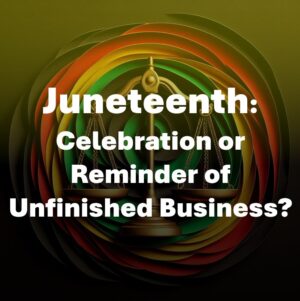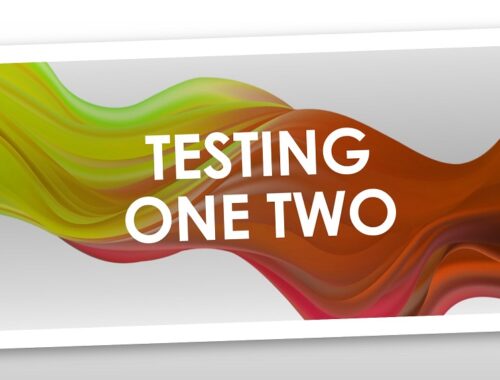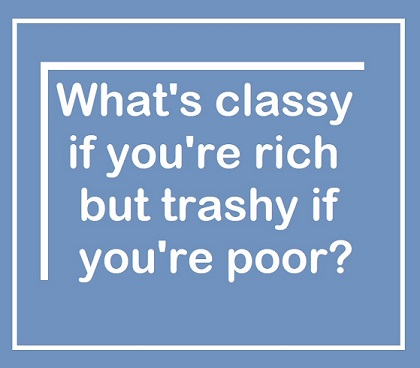
Juneteenth: Celebration or Reminder of Unfinished Business?
Juneteenth commemorates June 19, 1865, when Union troops arrived in Galveston, Texas, announcing the end of slavery, despite the Emancipation Proclamation being issued two years earlier.

President Joe Biden signed Juneteenth into law June 17, 2021, establishing the first new federal holiday since Martin Luther King Jr. Day in 1983. Cool.
Juneteenth is supposed to honor African American heritage, resilience, and the ongoing pursuit of equality, serving as a reminder of the struggles faced and progress made towards racial justice in the United States.
If you’ve read my previous posts (and another) about heritage and history months, you might sense the impending skepticism. Let’s do our due diligence and unpack this “new” holiday.
Before we continue, I want to acknowledge that my perspective will always be limited on this subject because I am not African American. It is a privilege to speak from mere observation and curiosity. With that in mind, I am committed to being as empathetic and considerate as possible, recognizing that my thoughts cannot compare to lived experiences. I welcome those voices to enlighten not only me but also others. Meanwhile, I am dedicated to doing the necessary work. Let’s begin.
Quick and dirty history lesson: The “Emancipation Proclamation” of September 1862 declared starting January 1, 1863, all enslaved people in the states engaged in rebellion against the Union “shall be then, thenceforward, and forever free.” So first off, this document applied only to enslaved people in the confederacy, and not to those in the border states that remained loyal to the Union.

There’s historical consensus that although this proclamation began as a military measure to preserve the Union, it did end up marking a crucial shift to establish the trajectory for a slavery-free one as well.
Celebrating Juneteenth, like any other cultural, historical, or heritage-related festivities, can foster a sense of pride and unity within the community, a time for people to come together, celebrate heritage, and reflect on their shared history and identity so all can learn and grow from the past. Juneteenth has the potential to underscore the importance of a diverse and inclusive society, serving as a reminder of America’s multicultural fabric and the need to honor all aspects of its history. However…
Juneteenth offers the opportunity to recognize and reflect on the contributions and perseverance of a people—but is it enough, and does it honor the right moment? It highlights a pivotal moment in history, promoting awareness and education about the long struggle for freedom and civil rights, yes, but ask yourself what the day celebrates? Delayed freedom? Freedom for some, not all? Symbolic celebration versus substantive change? I promise I am not trying to be a downer–I am all for the importance of visual representation, making space, voicing what’s too often quelled for the sake of comfort, but I can’t shake this feeling that something’s not right, or something’s missing. The unfinished business of “freedom.”
Let’s do some math…

From Washington, D.C. to Galveston, Texas, it’s approximately 1,431 miles (2,303 km). If we assume a horse travels at 4 miles per hour, that’s around 357.75 non-stop hours of travel, or roughly 15 days. Factoring in rest, terrain, and weather delays, 60 days would be a generous estimate. Yet, the news of emancipation took two and a half years to reach enslaved African Americans in Texas—a stark reminder of the systemic obstacles and communication barriers that have long plagued their quest for freedom and justice.
I want to be accurate to the limitations of the time period and available resources. However, the thought of even one extra day in the horror of slavery is enraging. Most of us couldn’t endure a single day of such brutality, yet it took 912 days for freedom to reach those who needed it most. Celebrating this delay without recognizing the profound injustice it represents misses the point entirely. Not to mention, most southern states ignored the proclamation anyway—by the time Juneteenth commemorates, the Civil War had already ended.
Then you have the fact that the Emancipation Proclamation itself only applied to enslaved individuals in confederate states, where the majority were held, but this selective application underscores the incomplete nature of emancipation and the ongoing struggle for comprehensive civil rights. The ratificaiton of the 13th Amendment years later would be a more appropriate moment to “celebrate,” but even that comes with its history and struggle. While Juneteenth represents a symbolic victory, it does little to address the systemic inequalities that persist today and frankly, not acknowledging these ongoing injustices risks glossing over these profound atrocities and mischaracterizing Juneteenth as merely a moment of celebration.

An ideal Juneteenth celebration includes education, reverence, and reflection. Juneteenth happened; it’s real and was an injustice on top of the many injustices already perpetrated against an entire group of people. Ignoring it or failing to give proper reverence to such a moment feels insincere and wrong—pandering and disingenuous. Without proper reverence and education, Juneteenth risks becoming meaningless revelry, over-commercialized, and disconnected. How do you rebrand such a complex moment in history? With ice cream? Because this is how you get Juneteenth ice cream.
Juneteenth is a vital moment for African American freedom and culture, representing a crucial step in America’s journey towards equality. However, it also serves as a reminder of the delayed and incomplete nature of emancipation and the ongoing struggles for true equity. As we commemorate this important day, we must couple celebration with action, ensuring that the fight for justice and equality continues in meaningful ways. Celebrating Juneteenth without committing to meaningful reforms is a superficial acknowledgment rather than a genuine commitment to equity—an issue I have with most, if not all, attempts to display inclusivity rather than applying it.
We can honor progress while recognizing the considerable work that remains. We need education and awareness, policy and reform, and community support—support that only comes when the community is educated in the truth so we are not doomed to repeat the same mistakes. Perhaps we do “re-brand” by establishing traditions at a national level. We should begin the day with a national broadcast of the president reading the Emancipation Proclamation, followed by the 13th Amendment, ratified years later. They say a few words, like a commitment ceremony to acknowledge at a national level that we will NEVER, as a united nation, tolerate or be complicit in the slavery of other human beings in body or mind—and that we commit to dismantling any system that seeks to oppress—physically, mentally, emotionally, or otherwise—any people, and commit to a truly free and equal nation for all.
THAT is worth celebration! Acknowledge, then engage in the work that still needs to be done, and include age-appropriate conversations about why we are “acknowledging” this day (you know I needed something educational). They could write to our elected officials, truly teach how participating in local government matters to continue a nation we can be proud of. I’m not saying we rid ourselves of any local-level celebration and festivities, but that we remain mindful and reverent. Or we could petition to celebrate December 6th instead? OR BOTH! What do you think?



